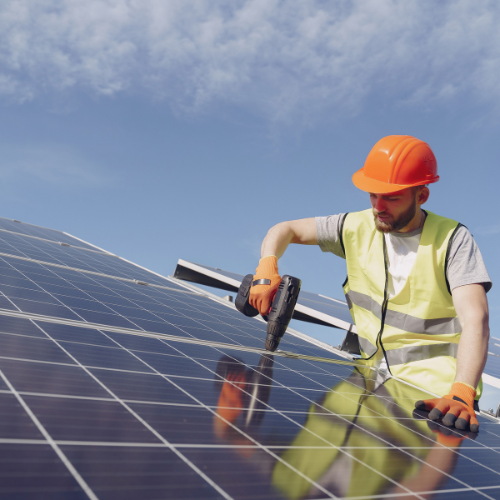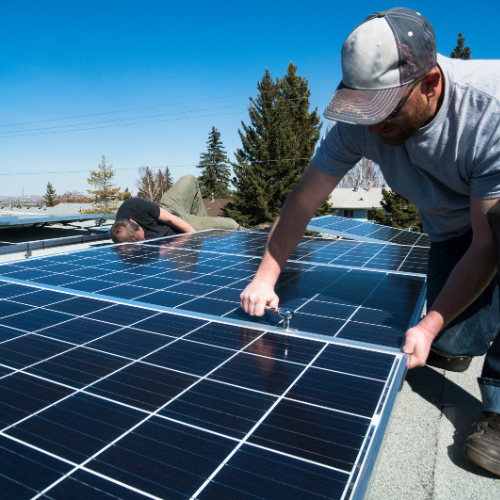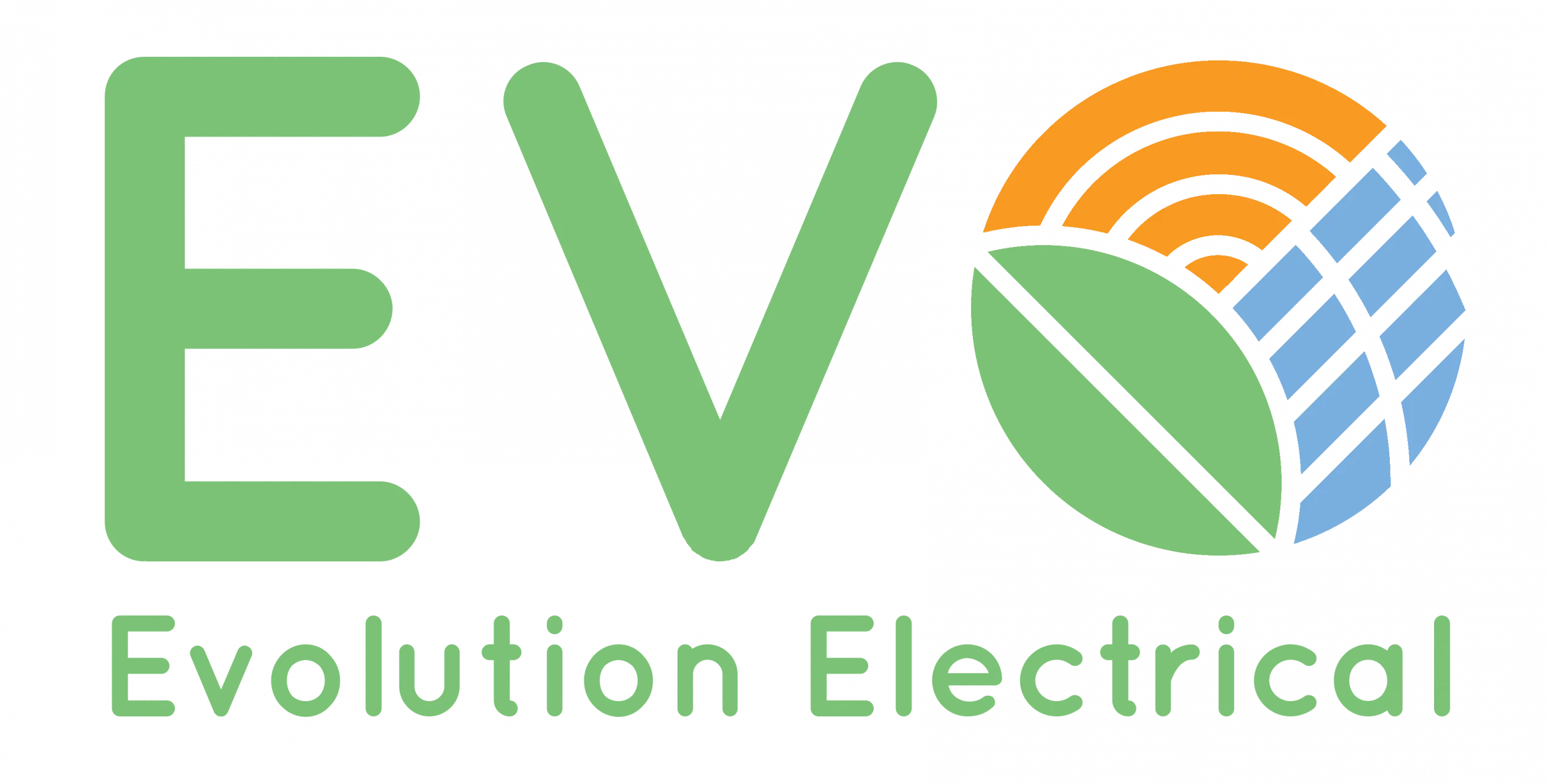Solar Panels for Your Home: A Complete Guide (2024)


Have you been itching to learn all about solar panels for your home? These solar-powered devices transform solar energy into electricity or heat, which means they can power your household in an efficient and environmentally friendly way.
In this article, we’ll walk you through everything you should know about residential solar panels, including the available types, their pros and cons and the best systems for your home.
First, let’s briefly look at the most important things you should know. We’ll go into more detail later on in the article.
Are solar panels worth it?
The investment in solar panels is worth it for the average UK home, as residential solar panels can cover 117% of your electricity demand in perfect conditions.
In fact, A 4kW solar panel system can save the average home an estimated £933 every year just in electricity costs. By selling your excess electricity back to the grid on top of that, your payback time could be reduced to six years.
Costs
The average prices of domestic solar panel systems in the UK range between £5,000 to £11,000, depending on how many panels you need for your home, which in turn is dependent on your energy consumption. GreenMatch’s research shows that most UK homeowners will spend between £6,000 to £8,000 on average.
Additionally, if you’d like to store your excess energy, you’re likely to spend between £1,200 to £6,000 on a solar battery, depending on its size and capacity. Although, if you’re looking for something more extensive prices can be higher if you’re looking to buy some of the best solar battery storage in the UK.
Grants
You can break even on your solar panel investment faster with grants. Currently, there are several schemes available depending on where you live.
As of 2023, the 0% VAT, Smart Export Guarantee (SEG), which allows you to receive payments for selling surplus energy back to the grid, and Energy Company Obligation Scheme (ECO4), which permits low-income households the opportunity to replace their inefficient heating system with a more efficient and environmentally friendly system, are available in England, Scotland and Wales, among others.
Efficiency
Most domestic solar panels in the UK are around 15-20% efficient, which means they perform the same in the UK as in the rest of the world. This is enough to dramatically reduce your energy bills and carbon emissions.
Seasonality
For most of the year (including the winter), UK weather is ideal for the efficiency of solar panels. Solar panels produce enough energy to power 33-51% of a home during the winter period. If you have a solar battery, you could even store your excess electricity for a dark, wintery day and give that percentage a boost.
Warranty
The warranty for solar panel systems generally lasts 25-30 years, with some manufacturers even offering lifetime warranties ensuring that the power input of your panels doesn’t ever dip below 80% of their initial efficiency.
Are solar panels worth the investment?


Yes, solar panels are worth the investment for the average UK home in almost all cases. This depends on your energy usage and how much sunlight your home receives.
The answer to this question can be better explained by using a 4kW solar panel system example – the most popular system size in the UK, according to GreenMatch’s research.
Approximately 80% of households with solar systems have a 4kW system. It has an output of 3,400 kWh per year and costs approximately £7,000. If you compare this to the average annual electricity consumption of a household, which is around 2,700 kWh according to Ofgem, residential solar panels can cover 117% of your electricity demand in perfect conditions.
Other factors that affect whether solar panels are worth it include the following:
Performance all year round. While your panel outputs will peak during summer due to more sunlight, you’ll still be benefitting from your panels in the winter. In fact, the farther south you are in the UK, the higher the year-round output you’ll generate.
Financial incentives. The UK Government also recognises the value of solar panels and has backed financial incentive programmes to increase solar panel adoption rates. For instance, the Smart Export Guarantee (SEG) helps you earn money for any surplus solar energy you generate by exporting it back to the national grid.
Because of these factors, despite the initial solar panel installation cost, many homeowners find that using renewable solar energy and taking advantage of SEG makes solar panels worth it because they can recoup their costs faster.
Are solar panels the right choice for your home?

- Answered yes to all the questions in the checklist? Great! You’re ready to start talking with a professional solar panel installer.
- Didn’t answer yes to all questions or didn’t know the answers? Don’t worry. A solar professional can still help you decide if your home could benefit from solar panels. Otherwise, they can provide you with a roadmap for how to improve your home to be suitable for solar panels.
Some of the elements in the checklist are more lenient than others. For instance, while you should ideally have a slanted roof facing south, you can still install flat roof solar panels. You may just experience a lower electricity output.
However, there are some hard requirements that cannot be negotiated when getting solar panels, such as:
- Having sufficient roof space. Solar panels can take up a significant amount of roof space. You will need at least 30 cm of space around your solar panels. While you can opt for a smaller solar panel size or fewer solar panels to decrease the amount of space needed, you’d be compromising on your electricity generation needed to meet your demands. That could alter how beneficial solar panels are for your home.
- Having a structurally sound roof. Your roof needs to handle the weight of a solar panel system. Nowadays, most materials are suitable to hold solar panels — it’s only slate and wooden roofs that may be too brittle. But if your roof is old or is showing signs of damage, such as cupping or lifting, then it may be time to replace or repair it before installing solar panels.
- Consulting with a professional installer. Once you’ve decided to get solar panels, choosing an MCS-registered installer who can consult and advise on your specific home situation is crucial. Their industry experience and ability to provide personalised recommendations can help save you time and money in the long run.
Many people find the next step of finding a trustworthy solar professional to be a daunting task, which is why we’ve partnered with a network of vetted and trustworthy installers and have got the entire process down to just a few simple steps.
- Fill in the 30-second form to let us know what you’re looking for and the condition of your home.
- We’ll call you to confirm your details and you’ll receive up to 4 different quotes from local installers.
- You’ll compare the different quotes and choose the best one that fits your budget and needs. This entire service is free and comes with no obligation to accept any of the quotes you receive.
How do solar panels work?
When speaking about solar panels, it is important to distinguish between two main types:
- Photovoltaic panels that produce electricity
- Solar thermal panels that are used for heating purposes
Solar photovoltaic panels
With over a million photovoltaic (PV) systems deployed in the UK, they are a commonly used solar panel system in the UK. Photovoltaic systems convert sunlight directly into electricity.
Solar cells are made of semiconductors, such as silicon, which absorb the sunlight and convert it into electricity.
Solar cells are connected electrically and packed together in a frame, commonly known as a solar panel. When you connect multiple solar panels together, they form a solar array. And, finally, when you add the cabling, brackets, inverter, and so forth, the entire system forms your solar panel system.
The electrical conductors are attached to positive and negative terminals, thus forming an electrical circuit. From there, the electrons can be captured in the form of an electric current (electricity). This current, together with the cell’s voltage (which is a result of its built-in electric field or fields), defines the power (or wattage) that the solar cell can produce, and is how solar panels convert sunlight into electricity.
Grid-connected vs. stand-alone PV systems
Grid-connected systems make use of the local utility grid to ensure you are never without electricity. If your residential solar panel system generates more electricity than your household requires in a day, this surplus energy can be exported back to the national grid. On the other hand, if you need more electricity than your solar panels have generated, the grid can supply this.
Stand-alone PV systems are not connected to the grid, but instead charge a solar battery system. These batteries store the electricity generated by your panels. To operate your appliances, the stored electricity from these batteries will be used. Stand-alone systems are used in areas that cannot be connected to a grid, and are typically more expensive than grid-connected systems because solar batteries are still quite costly.
Solar battery storage systems
Solar batteries store electricity generated by solar power and let you use it during the evenings when your solar panels are not generating electricity. You can make use of solar batteries whether you are connected to the grid or not.
Solar battery prices are not low, ranging from £1,200 to £6,000, depending on the size and capacity. However, technological advancements are leading to new solutions year after year, and may likely lead to a reduction in solar battery prices.
Solar Thermal Collectors
Solar thermal panels use sunlight to heat up water that is stored in a cylinder, which can then be used for your home heating needs. Solar thermal panels are roof-mounted, just like electric solar PV panels, but look slightly different, as instead of cells they have multiple pipes that heat up water. A related technology is thermodynamic panels, which extract heat from the ambient air.
Both solar thermal and thermodynamic panels can be used for space heating, but most commonly they provide the domestic hot water (DHW) needs of households.

